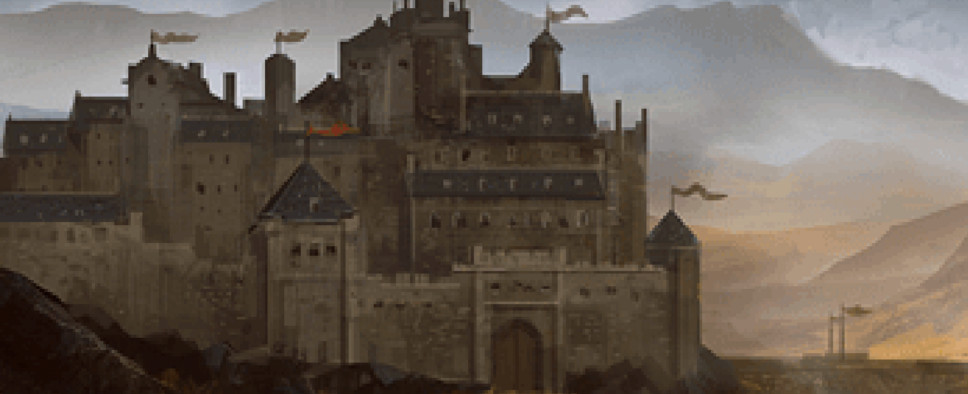Exiled Kingdoms Review
-
Category: ReviewsHits: 35082

Article Index
Introduction
Exiled Kingdoms is an action role-playing game created almost entirely by David Ballestrino. It was released for mobile devices in August of 2017, and it was then ported over to the PC in February of this year. This review is for the PC version of the game.
As Exiled Kingdoms opens up, you receive a letter informing you about a significant inheritance that is coming your way, all due to a relative that you didn't even know you had. But of course, on your way to collect your rewards, you're set upon by bandits and goblins, and slowly but surely you get embroiled in all sorts of mysteries and quests -- which eventually leads to you learning that your family is more important that you thought, and that you're going to need to save the world. All in a day's work.
Character Development
The first thing you do in Exiled Kingdoms is create your character. This involves some cosmetic things like choosing a name, gender, and portrait, and then moves on to the important stuff like choosing a class, spending some attribute points, and selecting your first skill.
Exiled Kingdoms includes four classes: Cleric, Mage, Rogue, and Warrior. These classes do about what you'd expect. Clerics wield bludgeoning weapons and cast healing and buffing spells. Mages wear the lightest armor and cast a variety of elemental spells. Rogues get medium armor and typically wield "light weapons" (like daggers) or bows. Warriors wear the heaviest armor and focus on two-handed weapons or one-handed weapons with a shield.
There are also six attributes: Agility, Awareness, Endurance, Intellect, Personality, and Strength. All of the attributes are useful for all of the classes, but of course some are more important than others. For example, Strength is the best attribute for Warriors since it increases their melee damage, but Intellect helps with XP gain, and Awareness helps with spotting traps, and so they're useful as well. Plus, rank N of an attribute costs N attribute points to purchase, and so eventually you're better off spreading the wealth around a little instead of just focusing on one attribute.
For skills and spells, each character gets six class skills plus three general skills. The class skills are specific for your class. For example, Warriors get skills for two-handed weapons, shield expertise, performing a whirlwind attack, while Mages get the spells Fireball, Lightning Bolt, and Mage Armor. The general skills are the same for each character: Dungeoneering (which makes it easier for you detect things), Gossip (which improves your chances of learning about rumors while at inns), and Recovery (which allows you to rest more often to recover health and mana).
While adventuring, characters can also purchase up to eight advanced skills from the game's four factions. These factions are aligned with the game's four classes. Characters can only join one faction, and while they aren't required to join the faction aligned with their class, it wouldn't make any sense not to. However, as long as you make a faction happy (by completing quests for them), they'll still offer you some skills, and so, for example, all characters can learn resistance skills from the mage faction -- provided they deem the skill worthy of one of their eight advanced skill slots.

